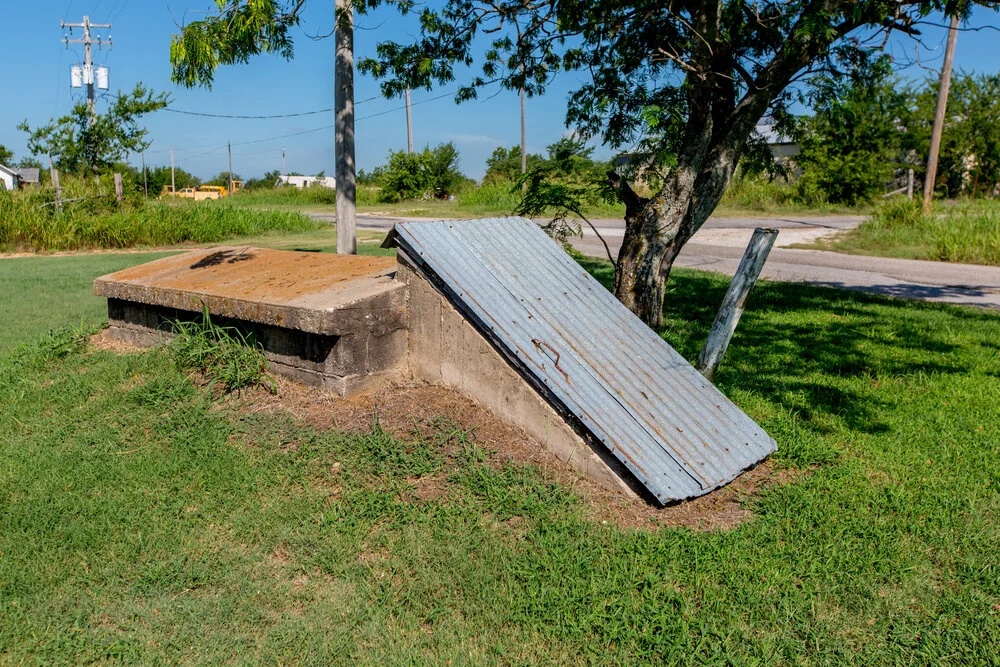The Basics of Storm Shelters and the Variations
During extreme weather, storm shelters can provide cover, but there are other benefits besides that. Here are some basics of storm shelter to remember.
If you live in a tornado alley or a part of the country prone to hurricanes, it is a wise investment to install a storm shelter in your home or on your house. During extreme weather, not only can a storm shelter to keep the family safe, a shelter may also add considerable value to the home. There are a few variables only to remember when constructing a shelter for a storm.
There are two styles - above and below ground - when it comes to secure rooms. The same criteria must be met by all types of storm shelters and they are constructed of the same materials. Underground shelters have a small advantage because the sides of the shelter, just the roof, will not be damaged by debris from a storm or hurricane. However you also take the risk, in an underground safe space, that your one and only escape could be blocked. Shelters above ground do not have this problem, but on all sides, they can be hit with debris. There are benefits and drawbacks of both types of safe rooms, but the important thing to note is that they both have the same degree of security. To help you remain aware and updated, make sure you have a NOAA weather warning radio in your shelter, along with other recommended emergency supplies.
A safe room is different from your standard in-ground shelter, but it provides the same advantage. A safe room is described by the Federal Emergency Management Agency or FEMA as a structure that provides almost protection from harsh storms." All safe rooms are designed in compliance with federal laws and must meet strict safety requirements.
Investment in a Storm Shelter
There are some financial considerations to consider if you're about to build a storm shelter in your house. As far as home improvement and repair projects go, storm shelter building is by no means costly. Likewise, a quality constructed storm shelter is a solid investment for your home and land, depending on design and placement.
In-ground Shelters
Chances are your home is not designed to withstand hurricane-force winds or tornadoes. Building a storm shelter in your home or on your property when it comes to storm protection will ensure that your family is prepared for any weather.
In-ground shelters made from prefabricated galvanized steel or concrete are the most common storm shelters. This shelter type is also more affordable because it is installed on the outside of the house, requiring little or no renovation. However in order to access the shelter, this alternative requires occupants to leave the house, which is not ideal.
Shelters in Basements
The basement shelter is yet another popular storm shelter alternative. In existing basements, these shelters are installed. Many manufacturers of storm shelters simply strengthen a portion of the basement made up of steel walls or concrete to withstand extreme winds in the event of destruction of the building.
While basement shelters need some renovation, since the structure is still separate from the actual house, the construction process is minimal. You may want to suggest a hurricane-safe space if you don't have a basement and you don't have enough land to construct an in-ground shelter.
Secure Rooms from Hurricane
Hurricane safe rooms provide protection from hurricanes and high wind incidents, but for tornado-prone areas they are not recommended. This kind of shelter is perfect in terms of flexibility since it can be designed directly into the existing structure.
A hurricane safe space is a transformed bedroom or bathroom situated on the first floor of a home in a nutshell. The space is made of reinforced walls and ceilings of double-thick plywood or steel that is fixed to the base of the building. When built, safe rooms are absolutely unnoticeable, but the renovation expenses are higher than the other choices mentioned.
See us at EEF5 Tornado Shelters in Oklahoma City. We are storm shelter experts and working in this field for a good time. Before the next storm hits our city, prepare your shelter.



